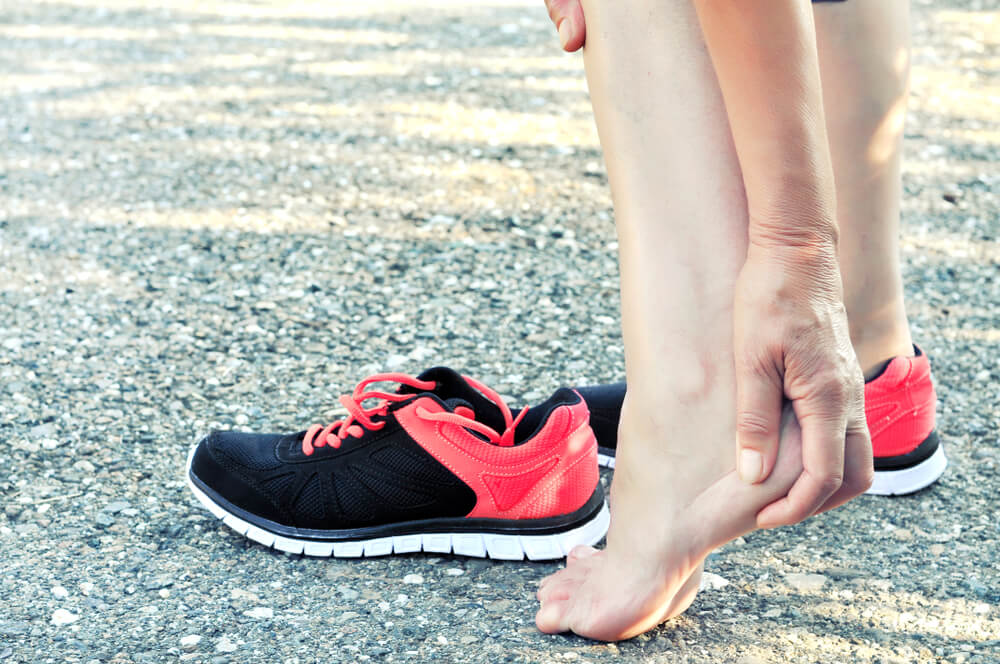The heel touches the ground every time you take a step, and it also helps bear your weight while you’re standing still. However, many people don’t give their heels a second thought — until they start to hurt, at least.
Medical researchers in one 2015 study report that more than 13% of people are affected by heel pain. Physical therapy is one option that can help treat your heel pain. However, you might want to understand the cause of your heel pain and other remedies you can try as well.
These two issues commonly cause heel pain
The complexity of the foot and ankle mean there are many issues that could cause heel pain, but there are certain issues that are more likely to cause pain in this area. Two issues that physical therapists see that often lead to heel pain are:
- Plantar fasciitis — It’s estimated that about 1 million doctors visits per year are due to plantar fasciitis. This issue happens when the thick band of tissue running along the bottom of your foot becomes inflamed. The band of tissue in question is called the plantar fascia. Plantar fasciitis commonly causes heel pain, which is typically worse during the first few steps you take after waking up in the morning. Your pain might flare up after, but not during, exercise as well.
- Achilles tendinitis — This issue occurs when the Achilles tendon becomes inflamed just above the heel. Achilles tendinitis is especially common in athletes; medical researchers report that about 24% of athletes will develop this condition in their lifetime. Most patients with Achilles tendinitis feel pain at the back of their heel that worsens with activity. This injury might also lead to swelling in the heel.
At-home remedies for heel pain
Physical therapy can be effective for people with heel pain that lasts for more than a few days, and there are certain home remedies that can also help reduce heel pain. Some of the remedies that could be effective for your pain include:
- Applying ice to the affected heel
- Resting as much as possible
- Making sure your shoes fit properly
- Wearing a special device that stretches your foot while sleeping (night splint)
- Changing out the cushioning insoles in your shoes
If these remedies aren’t able to decrease your heel pain, then it might be time to seek help from a physical therapist.
Get help with your heel pain at Peak Performance
Struggling to find out the cause of your heel pain and effective remedies to treat it? Look no further than our team at Peak Performance. Our clinics offer free screenings, and this service is intended to help reveal the source of your pain. In addition, we can create an individualized heel therapy plan for you that’s designed to reduce your pain.
Take the next step to start getting our help with your heel pain. Contact us today for more information about our services or to schedule your free screening.


